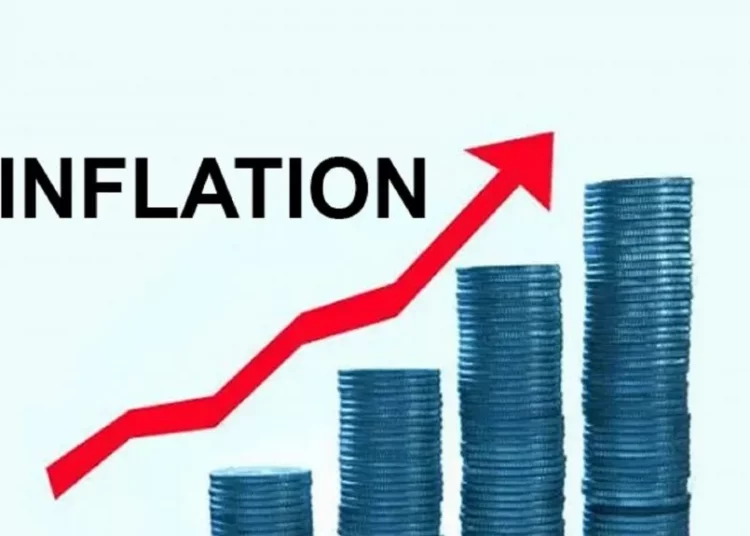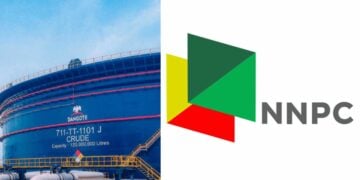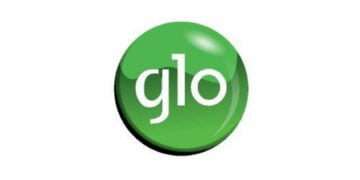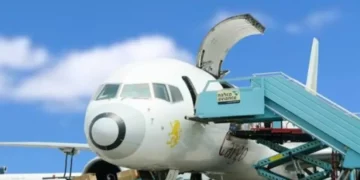The owners of Small and Medium Enterprises (SMEs), under the auspices of the Association of Small Business Owners of Nigeria (ASBON) have stated that the performance index of Micro, Small and Medium Enterprises (MSMEs) have been depleted by prohibitive cost, energy cost, high inflationary environment, forex constraints, shortage of raw materials, dearth and scarcity of manpower resources, among others.
This is as exhibitors at the 2022 Lagos International Trade Fair, decried low patronage of their wares, six days into the fair, linking the development to low purchasing power of the people and harsh economic effect.
The president, ASBON, Dr. Femi Egbesola, disclosed that MSMEs in the country have lost hope and confidence in the ease of doing business, adding that, businesses are beginning to divest out of the country due to the astronomical rate of inflation mounting on small businesses and household income.
The group also lamented the dearth in investment capital and investment income which, they said, were largely to blame for the sector’s stagnation, coupled with challenges such as; poor infrastructure, inconsistent government policies, double taxation, regulation irregularities, among others.
The operators noted that most businesses have great potential for growth but for the challenge of finance.
ASBON, who said, funding is the bloodline of any business, whether it is a startup, nano, micro, small or medium-sized business, added that, the high operating cost in the country has worsened the case of businesses that lack funds due to the process of accessing it and high interest rates.
The stakeholders advocated the need for government to support businesses by providing financial support for survival in the current high operating cost.
ASBON boss averred that, funding is beyond the reach of small business owners, because banks have not been duly standardised to the point of accommodating the documentation processes of small businesses.
On his part, the chairman, SMEs Group, the Lagos Chamber of Commerce and Industry ( LCCI), Daniel Dickson-Okezie, said, though government has made efforts to improve the real sector through funding, more needs to be done.
He noted that corruption in the system was hindering those who actually need these funds from accessing them.
“Despite government’s statements on improving the real sector through funding, it’s not still enough. Corruption in the system has put a setback on the initiative. Most times, those funds don’t get to the right persons. They end up in the hands of the wrong people,” he said.
Managing director, Goshen-Multi Nigeria Ltd and immediate past chairman of the National Association of Small Scale Industrialists (NASSI), Kuti George, stated that, loan facilities were not accessible, adding that the Central Bank of Nigeria (CBN) needs to make access to funding easy.
To him, “the country needs to build industries, when the nation is industrialised, it will boost the economy. Government needs to encourage production and manufacturing by funding them. Most people have ideas but don’t have the funds to produce and increase value. MSMEs need access to cheap funds.
“The government says there are a lot of windows to access loans but these windows are not actually accessible. The loan facilities are not accessible. The CBN needs to facilitate easy access to loans.”
Kuti-George identified inability to acquire modern equipment to meet up with global standard of production as another challenge facing the MSMEs sector, urging government to assist them in purchasing modern equipment as many could not afford these machines due to high cost.
On his part, the managing director, Aarti Steel Nig Ltd, Imokhai Ehimigbai, who is also a member of Manufacturers Association of Nigeria, Export Group (MANEG), stressed that, lack of funds is a serious challenge to adding value to its export proceeds.
“Capital is expensive in Nigeria. Businesses find it difficult to get money for machines to process the raw products. You need capital to buy machines. Even when the capital is there, the gestation period is very short. Interest rate is very high,” he pointed out.
Similarly, the chief executive officer(CEO) of Sourcing and Producing, an agricultural trading company, Lanre Awojoodu, urged the federal government to support Nigerian exporters with loans to encourage them in the regulated global commodity platform. Awojoodu said, export companies need capital which would enable them to compete globally.
Meanwhile, the 2022 Lagos International Trade Fair, the 36th in succession, organised by the Lagos Chamber of Commerce and Industry (LCCI) commenced on November 4, 2022 and to end on November 13. 2022.
LCCI said, the 2022 edition of the Lagos International Trade Fair is being organised on the premise of its generic theme for its annual fair, which is ‘Connecting Businesses, Creating Value’, saying, “this theme underscores the importance of relationships and networking among businesses for the purpose of wealth creation. The theme also underlines the value of interactions between producers and service providers and end-users. This is the cardinal objective of the Trade Fair.”
The traders blamed the poor turnout and low patronage on low purchasing power of the people and harsh economic effect. They also did not rule out the forex situation and insecurity, which have slowed down many businesses and caused some others to close shop.
Chigozie Ogwanba, the owner of Sharp Kitchen, stated that, business has been so dull, less than expectations, saying, “this is as a result of dollar increment affecting prices. When customers come and hear the price, many do not buy. LCCI performed excellently but we cannot blame organisers for no sales.”
The CEO of MaryGold Global Concepts, dealers of Jewelries, accessories, Mrs Mary Gold Adeeme said, ‘her expectations were not met, as there was low turnout of visitors and sales.’
She added that, the turnout and sales last year was better compared with this years’ experience, attributing the poor sales to low turnout as a result of economic factors, naira depreciation and low purchasing power of the consumers.
She hoped that new year exhibitors will be better with great turnout of buyers and improved sales.
Also, Aseyi Bakah, a beauty brand seller from Ghana, said: “our good did not come early. Buying and selling is picking up small. We hoped that from now till Sunday, business will pick up.”
She added that, “this year’s sales are poor, people are not coming, there is no patronage, only a few come and go, they only seek to know the prices of products, test and go away, they do not buy.”
Speaking at the opening of the fair, the president of LCCI, Dr. Michael Olawale-Cole stated that, the economic conditions have been challenging even as the economy sustains recovery from the Covid-19 pandemic and now navigating through the shocks from the Russia-Ukraine war, and recently climate change shocks in the form of devastating floods across the country.
“While the Nigerian economy has recorded some impressive growth figures this year showing a sustained recovery of the economy, there are heightening fears of recession, food insecurity and more climate change impacts. As investors, we need to continue to demonstrate our resilience and determination to forge ahead despite these challenges,” he said.
According to Olawale-Cole, “as a chamber, we have strong confidence in the Nigerian economy, and we believe we would meet our growth target for this year. The LCCI’s trade fairs, specialised exhibitions, and several business events are some of the many ways we support trade and commerce in the economy.
“The Lagos Chamber of Commerce & Industry is committed to the vision of the current administration in respect of economic diversification and self-reliance. It is encouraging to note the efforts of the Ministry of Industry Trade & Investment in reviewing Nigeria’s National Trade Policy last updated in 2002. We are expecting a new national trade policy that can respond to the dynamics and new realities of the global trade system in terms of the evolution of global production networks and global value chains.
“We recognize the imperative of non-oil sector development and the need to add value to our primary products in order to improve earnings for both the public and private sectors of the Nigerian economy. This trade fair provides a platform to identify non-oil alternatives and highlights the significance of value addition. The trade fair equally serves as an avenue to boost economic and commercial activities.”





